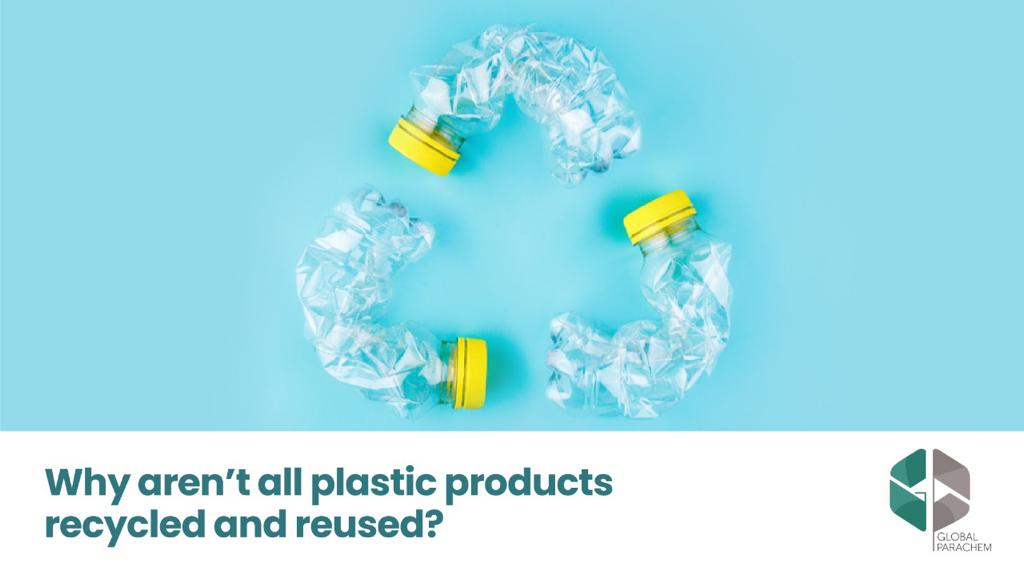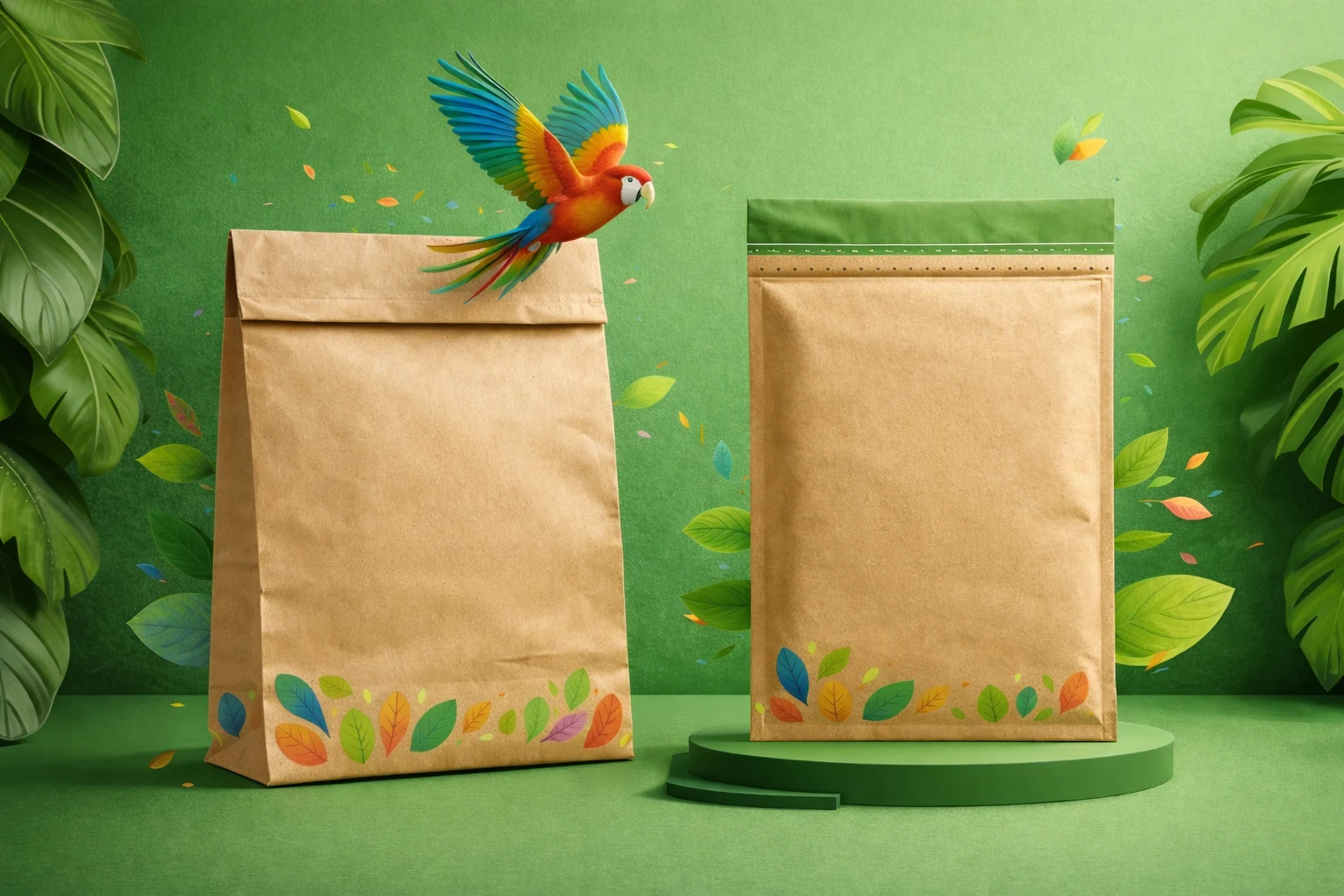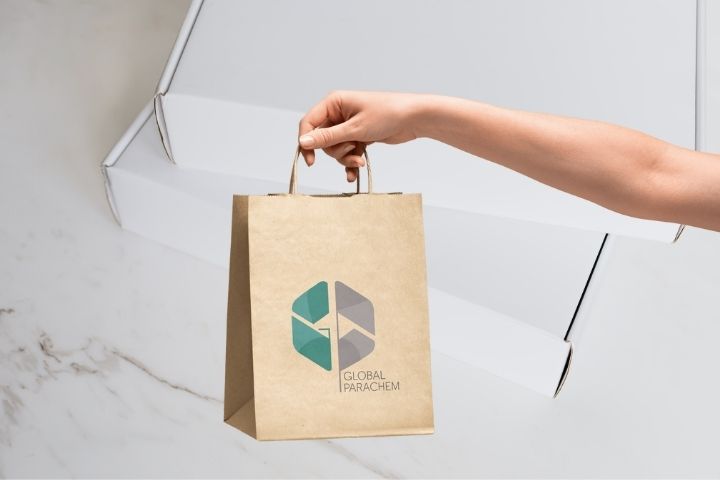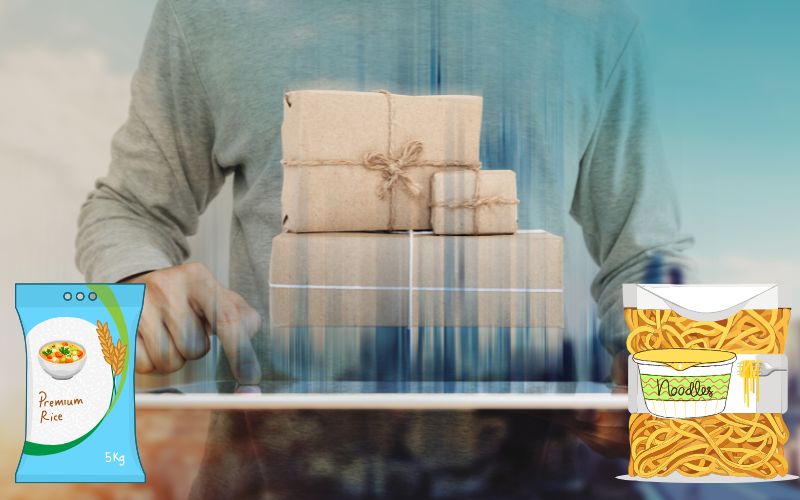
Consumers are Plastic, for now
For most of us, the personal satisfaction of being “responsible” consumers begins and ends with the presence of a recycling symbol ♻️ on product packaging, and maybe on rare occasions: on a recycling bin, if we’re fortunate enough to see one standing upright in this city. Then there’s the question of our local products still being sold to us in tag-less basic quality plastic packaging; think fruits and vegetables in “thailees” from your local seller. Products like Paper Mailer Bags and Tamper Proof Courier Bags are some of the great alternatives for packaging
Buying or disposing products with a recycling sign on them does make us feel good and believe that we’re doing our bit for the environment, and the world at large. However, this is illusory and far from the truth.
While our “faith” in the recycling sign has made purchasing and using plastic products acceptable and guilt-free at large; recycling is much more complicated than the signs that meet the eye.
The process of recycling is neither very transparent nor very consistent: it is determined by demand, regulations, pricing, and its success depends wholly on complete collaboration between all stakeholders. From product designers to waste disposal professionals, from consumers to recycling factory workers, we all have to be in this together.
As a consumer, you play a much more critical role than you may envisage, how you use products and dispose them, will determine if they can be reused. How consumers collectively demand better plastic waste management systems from government will create a market for recycling plastic: which will create demand.
Without market demand, putting recyclables in the recycling bin won’t make any difference if there is no monetary incentive. The quality of the materials extracted from recycling post-use must also be maintained, if not; plastic products will land up in landfills or incinerators.
In order to create any conducive environment for plastic recycling in society, local and national governments must do more. If the legislature of the land mandates recycling, frameworks and regulations can be laid down, which in turn will create greater market opportunities for recycling ventures.
In Delhi, waste management is not the same for every municipality, so make sure you know of your local area’s recycling facilities, if there are any. We need greater and more consistent public investment for placing recycling systems in local municipalities, and ensuring their long-term sustainability.
Buying new plastic products may be cheaper than paying an individual a salary to manage waste and sort recyclables, but the cost borne by our environment is far greater. History has shown us that well thought out regulations, laws, investments and subsidies go a long way in improving living conditions.
The tech we need
In terms of technology and logistics, currently it just isn’t possible to transfer all kinds of plastics to a recycling factory for making new products. As mentioned, the markets do not exist presently or they are overseas and shipping too expensive, nor many public or private or ventures that carry out such operations.
The problem with extracting plastic from different products and making new products from the leftover material is that different types of plastic (used for various purposes) can’t be mixed together and recycled into new products.
Plastics need to be separated into their individual types, differentiated by the temperature at which the material has been heated, and according to their numerical classification (resin codes). Each resin will react differently while being reprocessed as different resins melt at different temperatures. Factories for making new recycled products from plastics have to be set up in such a manner that only a specific resin type is processed in the facility..
Even when resins have the same number, they may not necessarily be recyclable together. This happens because the different processes used to create the products will react differently when melted down for recycling, and therefore can’t be mixed together.
Any piece of plastic can be recycled no more than 2-3 times before its quality degrades to such an extent that it cannot be used any longer. Also, whenever plastic is recycled, additional virgin material is also added to help improve its quality, so that the recycled product has a fighting chance in the market against new, durable and fresh goods. So when you read the label “recycled material,” think twice about what the word “recycled” actually means in that context.
On the question of reusability
Global Parachem, like many other producers, is looking at ways and means of developing and introducing more reusable and smart packaging. However; that isn’t enough on its own, how consumers buy and use these products varies market to market, and at times within the same market. Finding solutions that will work in the long run depends on an impending seismic shift in consumer sentiment and how functional recycled products will be for them on the move or at home.
Packaging is not just packing and delivering products; keeping products safe, functional and of high quality are key components as well. It is not easy to develop reusable packaging which provides an equal, if not better, user experience; it is a design challenge, a logistics challenge, a cost challenge, a human labour challenge, impact on carbon footprints as challenge, a policy challenge- but challenges are meant to be met.
Come together, right now
Major corporations, governments, environmentalists, experts: the right people must come closer together and align their endeavours, be better for it and take each other’s views in earnest to chart out a plan for making plastic reusable or completely disposable.
With ongoing research findings, the development of fully compostable sustainable packaging products, degradable plastic, an ever growing awareness among consumers and the use of better technology, we can bank on a better future in plastic management, and a more evolved and wholesome packaging industry.




Leave a comment